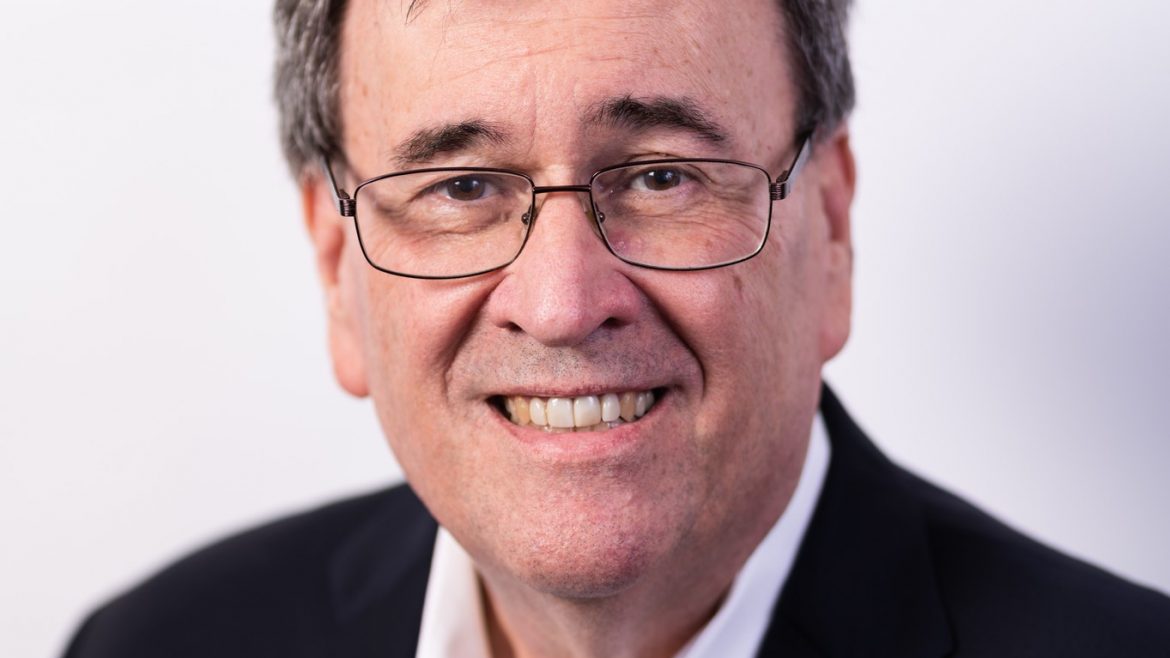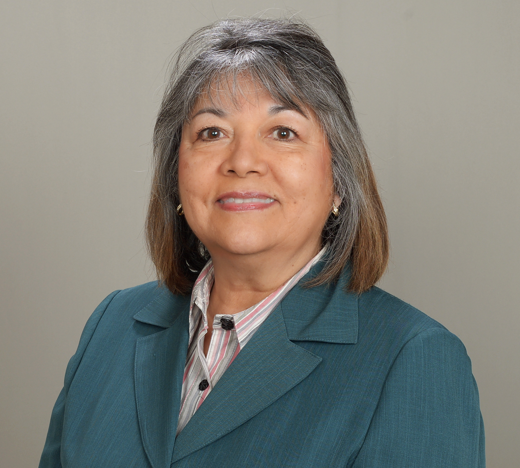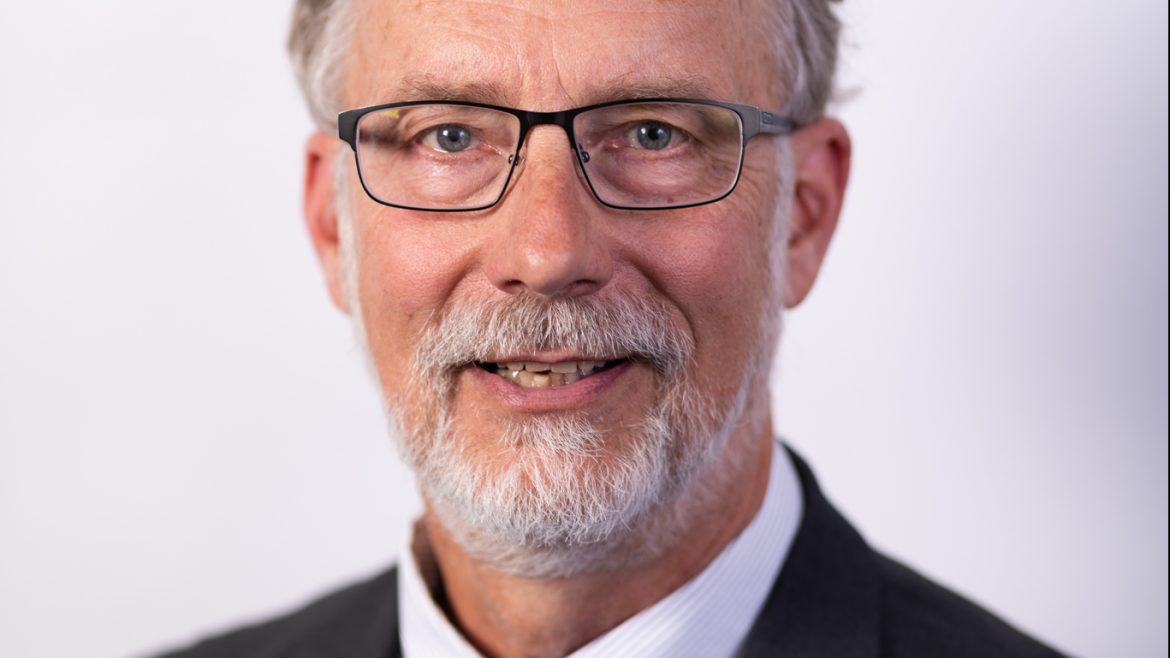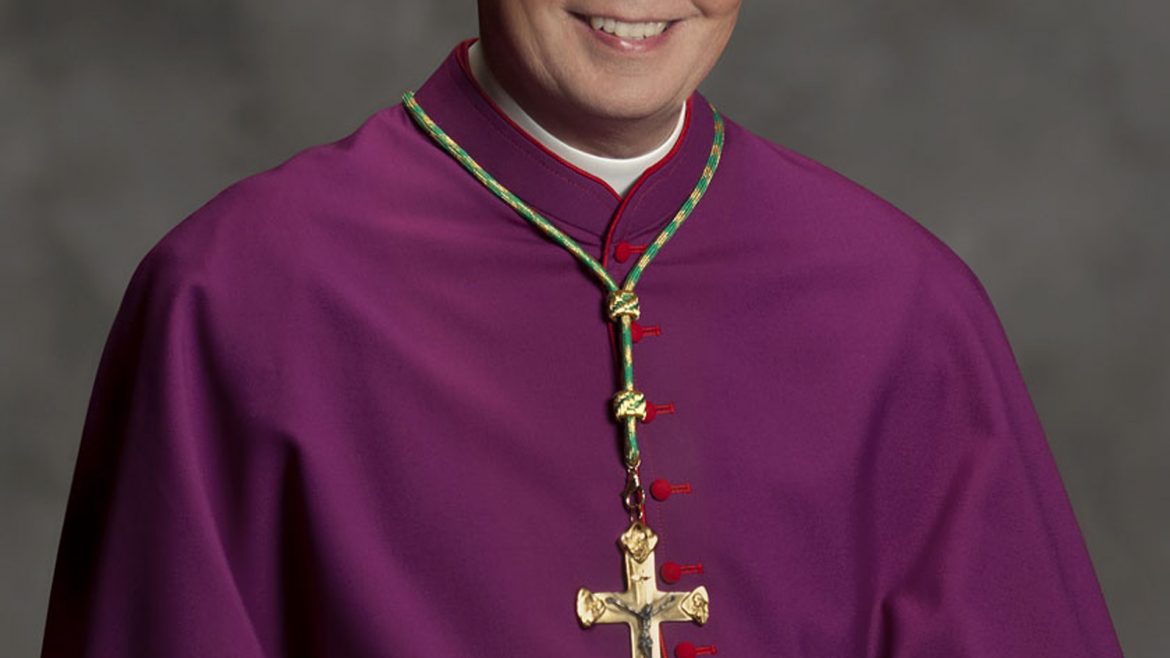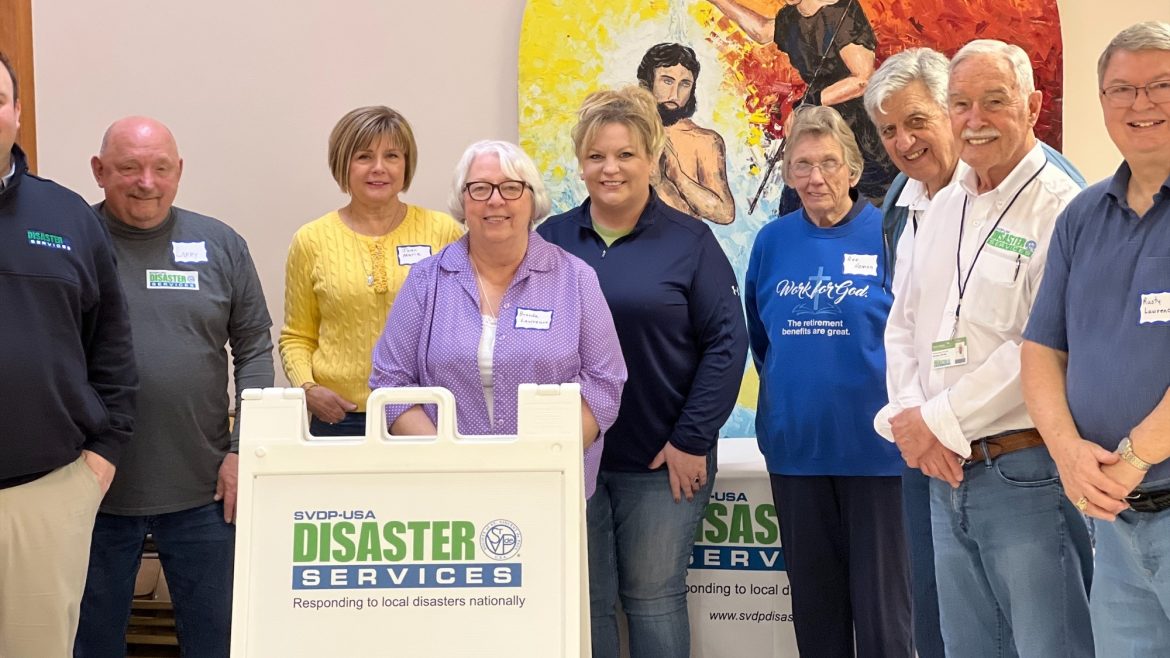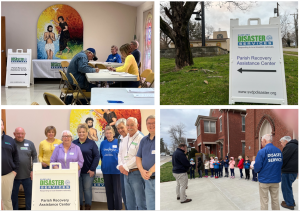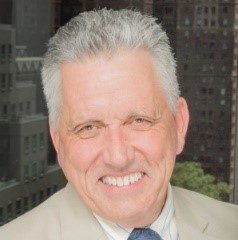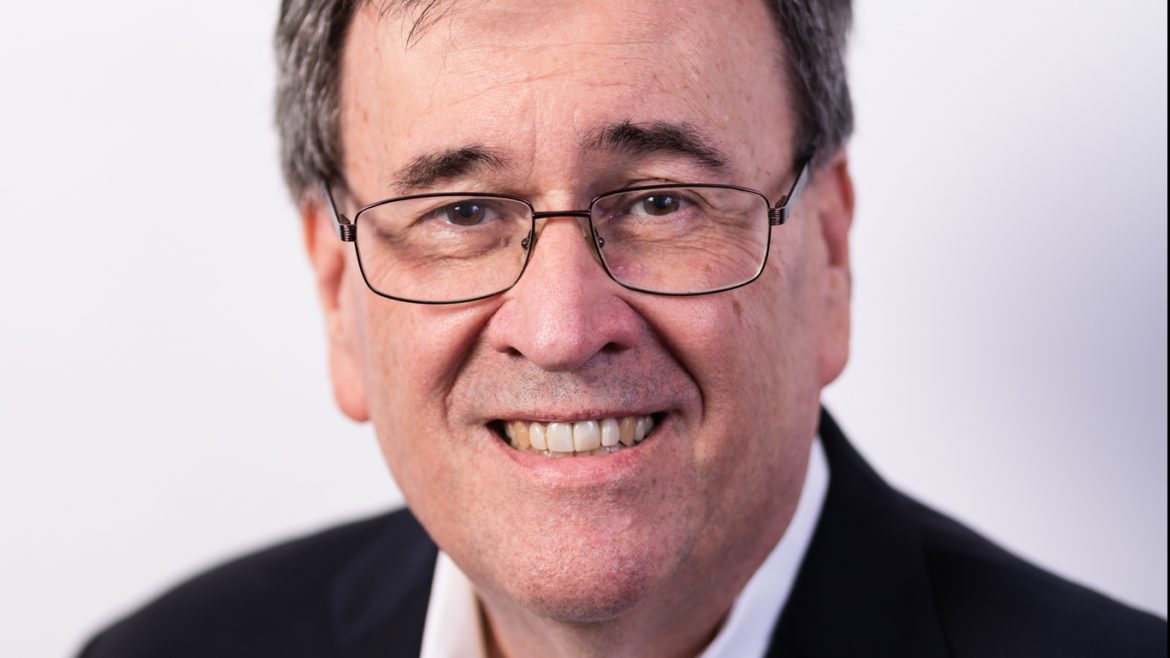It surprises many people to learn that the function of advertising is not to create sales, but to build or drive traffic. Sure, that Buy One, Get One offer or sales price advertisement gets you into the store, but from there you still make a purchase decision on your user experience. In marketing terms, Promotion gets you in the door, but Place, Price, and Product close the sale.
I mention this because the same principles apply to recruiting volunteers, and in our case Vincentians. That pulpit talk or yard signs or parish bulletin announcements all have their place to get people into the recruiting space, usually a Conference meeting or a phone call from a member asking one to join. Personal invitations are often the magic key to a new member, however they come to you.
We suffer sometimes from great advertising but less than great first impressions and other follow-up with prospective members. How many times have a dozen parishioners come to an introductory meeting but are never seen again? Did we fail at genuinely welcoming them, giving them something meaningful to do, listening to their questions, or even simply describing who we are and what we can offer them in our Essential Elements of Spirituality, Service, and Friendship? Don’t shoot the messenger of advertising and promotion; instead improve our product introduction and its benefits!
Product in our case is the set of local Society activities including service to the poor, spiritual formation and the friendships we build through Society membership. Place is the distribution models we use to deliver our services in neighborhoods, provided once again post-pandemic face to face, which is so unique and allows us to see the Face of Christ. The Price is the commitment to meet and to pray regularly, and to serve others as one is able. Since we often hear that Vincentians receive so much more than we give, our “price” of membership is quite reasonable!
Most of this member marketing process is local. After all, that’s where we hold our Conference meetings and where we conduct our works. Yet the larger Councils, including the National Council, have supportive roles to play. These larger groups can “advertise’ through media on a larger scale than your neighborhood, and build relationships with people and groups in large numbers. This is especially true when we seek out greater diversity in our members, whether it be through age, ethnicity, skill sets, or other distinguishing characteristics.
As this week’s e-Gazette is published, the National Council is promoting the Society at two national Catholic events. The first is Raices Y Alas, a convening built upon the strengths of the recent V Encuentro process for Hispanic Catholics. The second is the annual gathering of Young Catholic Professionals, designed for adults up to 40 years of age. Both groups are important as recruiting opportunities for the Society, and so we will sponsor, provide scholarships, have an exhibition booth, and most importantly, send current Society members to talk up our works and our sincere invitation to join with us.
But none of this activity or expense will recruit one single new member.
No, this week’s work is an investment on behalf of our local Councils and Conferences to start the ball rolling toward local recruitment – that selfsame Product, Price, and Place discussed above. These national events may result in some specific names of people interested in joining, which will be sent to the local Council where they reside. The greater benefit, we pray, is that the events add to the Society’s favorable exposure for participants to learn more about us over time and inquire about joining on their own terms and timetables.
Such marketing investment should not be limited to a few times a year, or only through national event participation. It needs to be consistent (in other words, our branding) and continuous, too, because people are ready to listen to our message on their schedule, not ours. The truth is that we all need to be recruiting at the national, Council and Conference levels all the time, creating a pipeline for new members. Again, however, all those sales leads end up at your local door where they can be turned into members – or just turned away.
There has never been a time in our Society’s history, locally or globally, when we had enough members. Even Conferences that have hundreds of members (yes, these do exist!) should welcome more members seeking their way to greater holiness! Too many members for our parish boundaries? Twinning isn’t just about money; share your membership wealth with more needy neighborhoods. Expand your programs – often our limitations aren’t about funds, they are about people capacity. The needs will always be greater than our membership.
It’s funny how memberships evolve. Every year, we all tend to get one year older! Therefore, we have a constant need to replenish our member ranks, even if those new members are in their retirement years. What are we doing – today – to market and build our ranks of faithful servants trying to get to Heaven?
Yours in Christ,
Dave Barringer
CEO

